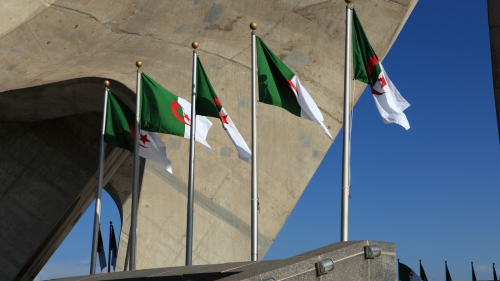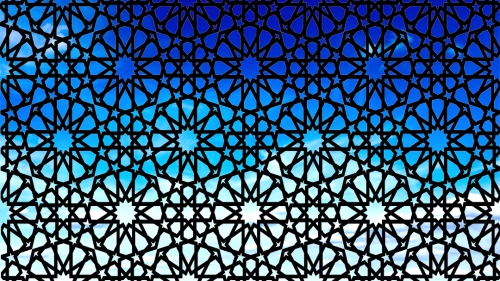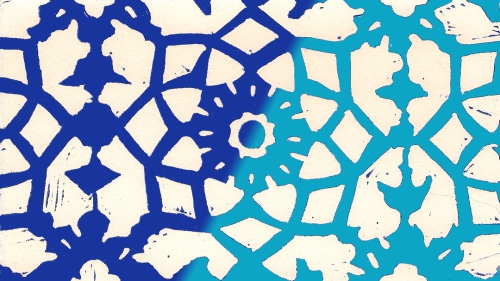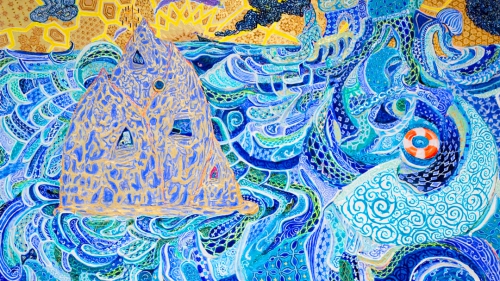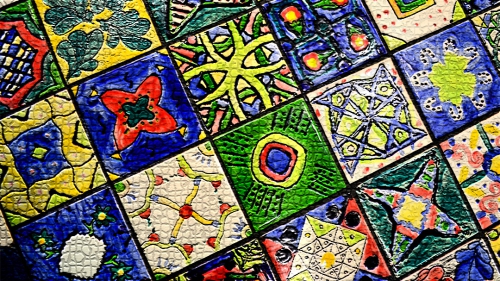Sudan Once Again Derailed from the Road to Recovery
Once more the ghost of crisis is looming over Sudan. Not long after relatively promising events in Sudan's internal politics, a recent crack down on the opposition Popular National Congress (PNC) revived doubts over the direction in which the country is heading.
The arrest of PNC secretary general Hassan Al-Turabi with 30 other viable members of the group was an unexpected outcome of a series of good-will gestures offered by the government and gracefully accepted by the opposition.
The return of democratically elected prime minister Al-Sadiq Al-Mahdi to Khartoum on Nov. 23 last year after four-years of self-imposed exile, was a sign of rejuvenation and maturity in the Sudanese political experience.
Al Mahdi and his Ummah Party, as well as other opposition groups, declined from taking part in the presidential elections last December. Yet, despite the failure of the elections to represent all segments of the Sudanese society due to the opposition boycott, Sudan's national unity remained possible.
President Omar Al-Bashir's government has drastically shifted its focus from feeding the internal woes into a more open and moderate policy. Encouraged by the departure of former US President Bill Clinton and the incoming of George W. Bush, Al Bashir reiterated his government's interest in improving relations with the United States.
Those efforts were crowned in the mid-February summit between African nations hosted by Khartoum, which was aimed at reviving cooperation between many African countries, extending trade ties and fostering cultural integration.
But for Sudan, the summit was an opportunity to end to the isolation unfairly imposed by the United States and naively or fiendishly propagated by other countries.
Other positive signs came on February 6, with the appearance of the first opposition newspaper to be published in Khartoum in over a decade. Rai Al-Shaab (People's Opinion) set a precedent in the Sudanese democratic life, as it demonstrated the government's sincerity to tolerate opposing views.
Rai Al-Shaab was the production of the PNC and Al-Turabi. In its first issue, the newspaper proposed a broad-based national front to fend for Sudan's unity, and to conquer lingering problems. The proposal found open ears among various opposition groups including the Ummah Party, the Democratic Union Party and the Communist Party.
But the most recent chain of events has put an unfortunate end to Sudan's road to recovery, when on Feb. 21, Al-Turabi, was arrested from his home in Khartoum to be questioned regarding a recent memorandum he signed in Geneva with the southern-based rebel Sudan People's Liberation Army (SPLA).
The situation deteriorated further as more members of the opposition were also taken to jail as others fled the country.
While random arrests and unwarranted political changes in an already fragile political system are neither lawful nor wise, one must not forget the danger in creating alliances with a group such as the SPLA.
The SPLA, a major player in Sudan's civil war cannot be simply incorporated into the country's political life as if no harm was done. The group has had close ties with the CIA, Israel and right-wing Christian organizations, which have had ulterior motives for their involvement in the conflict, up to and including toppling the Muslim regime. With no regard for human life, these nations and individual organizations have prolonged the 18-year civil war.
Indeed, Al-Turabi's decision to join the SPLA against the Sudanese government was a terrible miscalculation. The alliance, forged by a signed document in Geneva, is unlikely to end the fierce war. Instead, it will merely shift war alliances.
On the other hand, facing such tough challenges doesn't permit the government to adopt a policy of seclusion, a sign that was evident in the recent government shake-up, where most of the seats where given to the ruling party.
Undoubtedly the growing alliance between opposition groups and rebel factions is an alarming trend, but such events should be answered as political challenges, not excuses for eliminating political opponents.
If the Al Bashir government is keenly interested in breaking its isolation, it ought to deal with the recent crisis in a sensible fashion through the country's legal channels. Using the PNC's agreement with the rebels as a justification to crack down on the opposition and to strangle the country's democratic institutions is big step in the wrong direction.
This experience is very critical for Sudan as it comes at a time where all eyes are centered on the nation who is tenaciously trying to liberate itself from a painful past and to look toward a bright future. Let us hope that the atmosphere of lasting conflict will not surface again in Khartoum, and that the resumption of dialogue between the government and the opposition will quickly re-emerge.
______________________________________
Ramzy Baroud is a free-lance writer living in Seattle, Washington and a weekly columnist for iviews.com.








